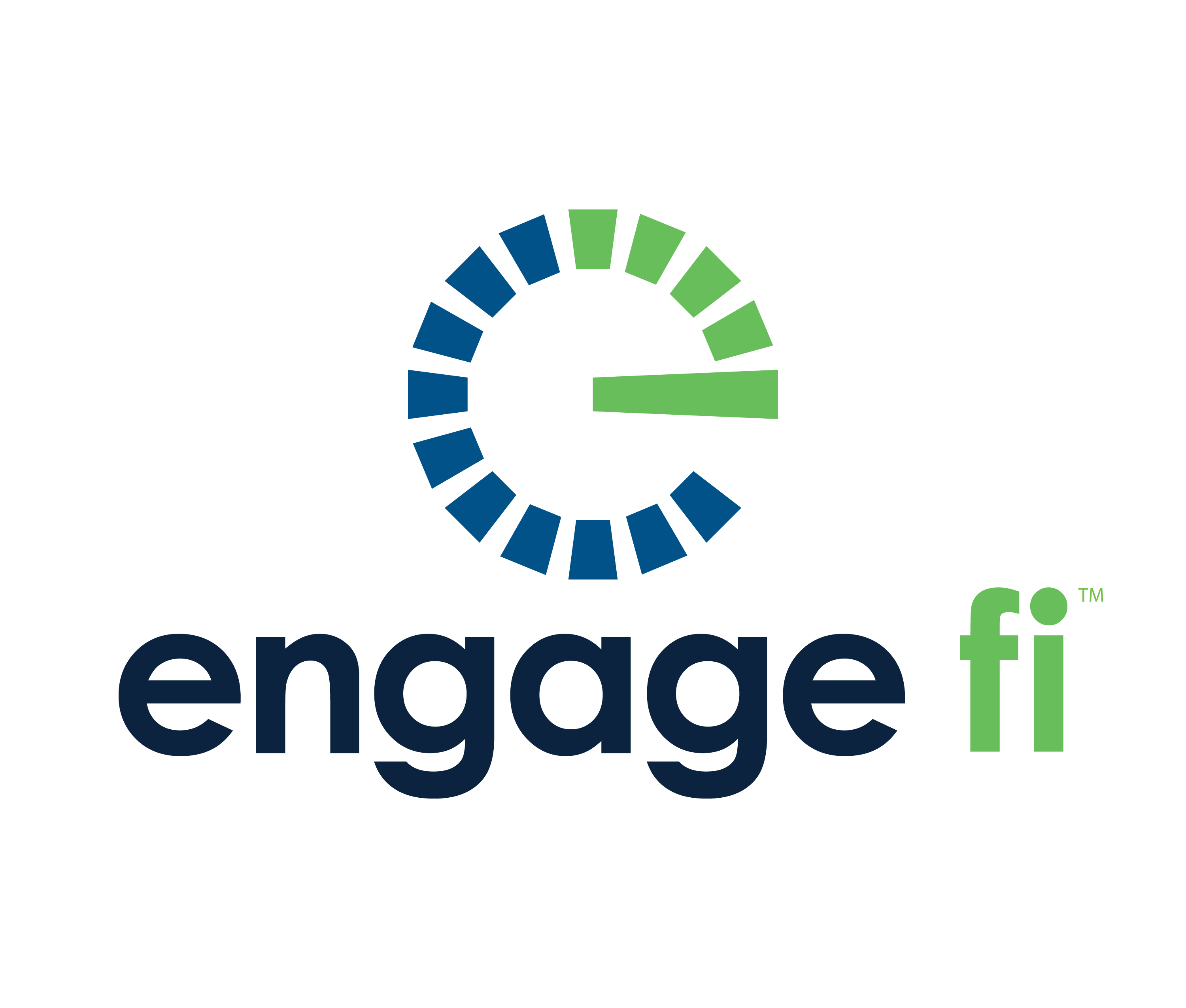The Charter Rush Nobody's Talking About
Key Takeaways from This Blog:
Navigate this high stakes process with precision.
A solution delivering fast, efficient, and accurate core data.
Digital solutions to grow, scale, and outperform.
Reliable, efficient, and integrated core platforms deliver results.
Select modern communications channels to integrate with core and digital solutions.
Strategic Planning
Support services for the strategic planning process at every level.
M&A Planning
Realize the key value drivers resulting from your merger or acquisition.
Performance Benchmarking
Tailored metrics and benchmarks designed to assess relationships.
Organizational Efficiency
Enhance efficiency across branches, digital channels, and contact centers.
A digital library of industry news, analysis, best practices, and thought leadership tailored to the challenges and opportunities faced by financial institutions.
Our in-depth analysis of conversion strategies, M&A activity, and the evolving landscape of financial services.
A podcast channel for the time-constrained banking professional delivering sharp insights on fintech, strategy, and leadership to help you stay ahead in a fast-changing financial world.
For 360fi Workflow clients only. Sign in to access the workflow library and other guides, forms, and tutorials.
2 min read
 Engage fi
:
7/18/24 10:57 AM
Engage fi
:
7/18/24 10:57 AM

In an era where technology is revolutionizing every aspect of our lives, the financial sector is no exception. The traditional banking model is being turned on its side with the fusion of banking and financial technology, known as Banking as a Service (BaaS). Through APIs, BaaS allows banks to integrate their digital banking services with vendor products (usually fintech companies, retailers, or digital platform providers).

For banks aiming to expand their market share, adopting BaaS is essential. Financial institutions can leverage BaaS to expand into new markets without incurring high costs that come with growth (think brick and mortar). Accelerated innovation and enhanced online offerings associated with BaaS allow banks to monetize their already existing infrastructure by offering APIs to other businesses, creating new revenue streams that impact ROI. As a critical component for banks aiming to expand their market presence, remain competitive, and increase their revenue opportunities, Banking as a Service is a well-played strategy to employ.
Implementing BaaS at your bank is not about upgrading technology; it requires a bona fide strategy and plan of execution. Firstly, proper infrastructure such as API capabilities, cloud computing, and security protocols must be in place. When considering potential partners for this endeavor, a thorough vetting process is needed to determine both goal alignment between the parties and whether their customer base is one you wish to serve.
Before committing to a BaaS strategy, it is crucial to understand the regulatory landscape. Extending services from the back end of your business carries greater risk and heightens regulatory scrutiny. Regulators expect banks to perform due diligence with fintech partners with as much scrutiny as they do their technology providers.
Financial institutions looking to implement Banking as a Service should be mindful of the associated [and perhaps unforeseen] costs involved. Building and maintaining the API infrastructure and systems integration piece requires a significant financial investment. Compliance costs, often underestimated, include ongoing expenses for legal advice, audits, and enhanced consent-technology to combat fraud. Furthermore, managing a substantial increase in deposits can be expensive; a plan to manage the impact on the balance sheet is encouraged.
A successful BaaS bank has positioned itself to benefit from new revenue streams and future growth opportunities. BaaS institutions consist of a strong leadership team with both knowledge and expertise surrounding risk and compliance. Further, these institutions also possess the technology and staff that allow them to scale and adapt quickly to market changes and customer needs. Finally, they have established relationships with fintech partners that are compatible with their values, priorities, and reputation.
There is no doubt that the future of finance is digital and those who fail to embrace modern technology risk obsolescence. As the world evolves, traditional banks unwilling to offer digitally driven solutions risk losing their competitive advantage. Banking as a Service opens a world of possibilities for banks inclined to innovate and collaborate. With the appropriate mix of technology, adherence to compliance, and strategic partnerships, banks can prosper in delivering a new banking experience.
Interested in learning more about BaaS? Listen to this podcast.
 Read More
Read More

Financial institutions keep talking about "adding AI" to their operations. Installing chatbots. Deploying fraud detection models. Automating...

The banking industry as we know it is changing. While digital banking has reshaped the way customers interact with financial institutions, the next...